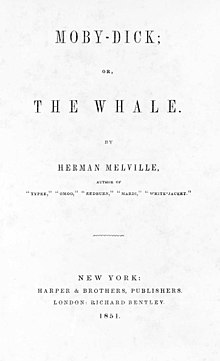A request that this article title be changed to Classical literature is under discussion. Please do not move this article until the discussion is closed. |
| Part of a series on |
| Reading |
|---|
 |

A classic is a book accepted as being exemplary or particularly noteworthy. What makes a book "classic" is a concern that has occurred to various authors ranging from Italo Calvino to Mark Twain and the related questions of "Why Read the Classics?" and "What Is a Classic?" have been essayed by authors from different genres and eras (including Calvino, T. S. Eliot, Charles Augustin Sainte-Beuve). The ability of a classic book to be reinterpreted, to seemingly be renewed in the interests of generations of readers succeeding its creation, is a theme that is seen in the writings of literary critics including Michael Dirda, Ezra Pound, and Sainte-Beuve. These books can be published as a collection such as Great Books of the Western World, Modern Library, or Penguin Classics or presented as a list, such as Harold Bloom's list of books that constitute the Western canon.[1] Although the term is often associated with the Western canon, it can be applied to works of literature from all traditions, such as the Chinese classics or the Indian Vedas.
Many universities incorporate these readings into their curricula, such as "The Reading List" at St. John's College,[2] Rutgers University,[3] or Dharma Realm Buddhist University.[4] The study of these classic texts both allows and encourages students to become familiar with some of the most revered authors throughout history. This is meant to equip students and newly found scholars with a plethora of resources to utilize throughout their studies and beyond.
- ^ Bloom, Harold (1994). The Western Canon: The Books and School of the Ages. New York: Harcourt Brace & Company. ISBN 9780151957477.
- ^ "St. John's College | Academic Program | The Reading List". Stjohnscollege.edu. Archived from the original on 27 May 2010. Retrieved 13 June 2010.
- ^ "Reading List:Rutgers University Senior Comprehensive Examination" (PDF). Rutgers University. Archived from the original (PDF) on 21 June 2010. Retrieved 12 June 2010.
- ^ "Reading list for BA course mapped and categorized by different traditions (Western, Chinese, Buddhist, Indian...)". Dharma Realm Buddhist University. 2022. Archived from the original on 7 November 2022. Retrieved 7 November 2022.